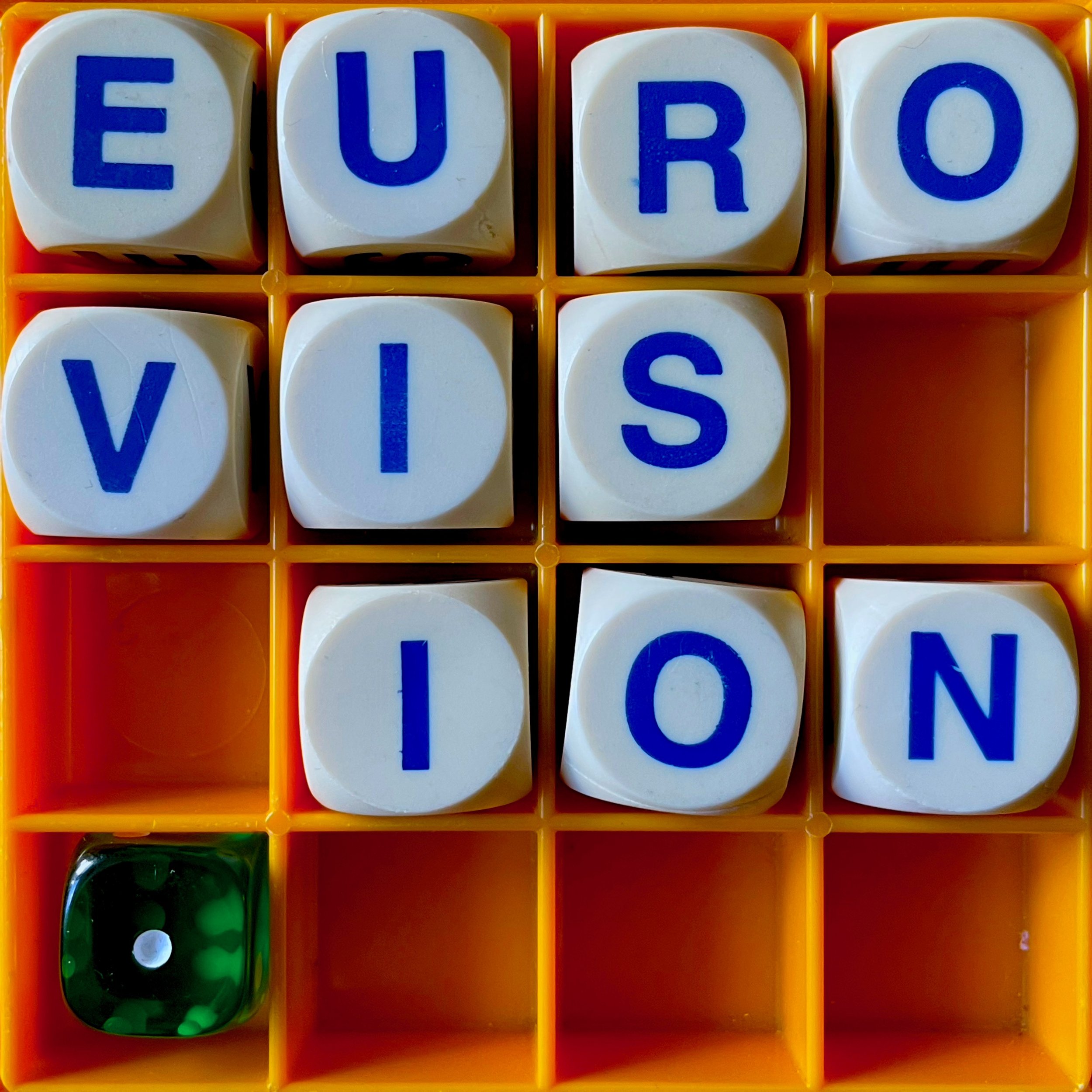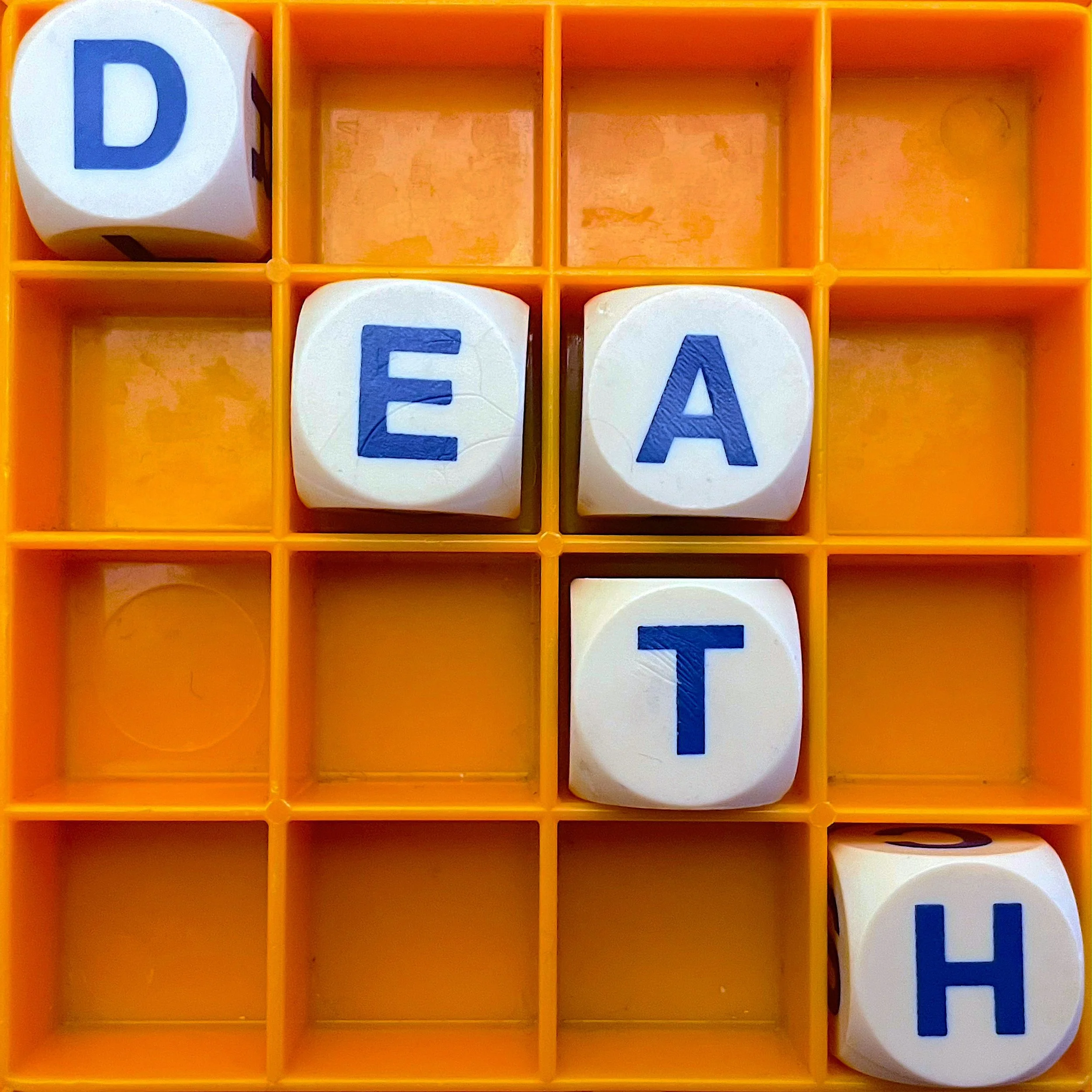There aren't many multilingual, multinational television shows that have been running for nearly seven decades. But what makes the Eurovision Song Contest so special to me is not the music, or the dancing, or the costumes that range from spangletastic to tear-off: no, it's the people butting heads about language. Historian Dean Vuletic, author of Postwar Europe and the Eurovision Song Contest, recounts the many changes in Eurovision's language rules, and its language hopes and dreams.
Read moreAllusionist 173. Death
"You can't redead the dead by you saying something shit," says Cariad Lloyd of Griefcast and author of You Are Not Alone; nevertheless when you're bereaved, people still are usually so nervous to say the wrong thing that they often don't say anything at all. And especially not the word 'dead'. Maybe what we need, says council funeral officer Evie King, author of Ashes To Admin, is a "jazzy snazzy term for death, the 'bottomless brunch' of death..."
Read moreAllusionist 168. Debuts
There’s been a recurring theme on the show over the years, of filling gaps in language, removing stigma and bias, finding better ways to express ourselves and talk about our feelings and our bodies. Today Kalle Rocklinger, sex educator with RFSU, the National Association for Sexuality Education in Sweden, talks about how and why over the years, the RFSU has come up with and publicised new terms for body parts and sexual acts, and what they would still like to change. This is the first part of the Telling Other Stories series, about renaming things.
Read more


